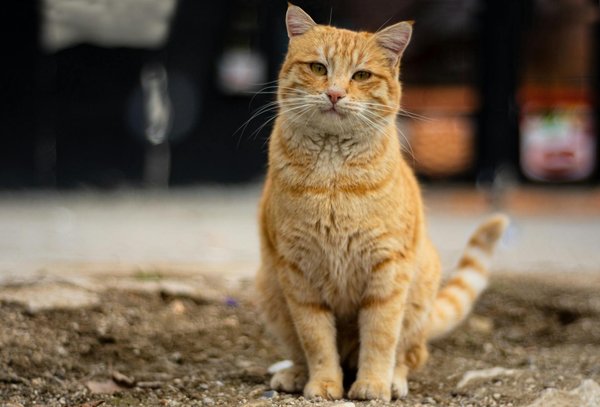Essential Training Principles for UK Apartment Pets
Training pets in UK apartments requires a carefully tailored approach that accounts for limited space and close neighbour proximity. Basic commands such as “sit,” “stay,” and “quiet” should be taught with an emphasis on obedience within restricted areas. This precision helps prevent pets from developing behaviours that could disrupt apartment living.
Reinforcing calm behaviours is crucial. In confined environments, pets are more sensitive to stimuli, and excitement can quickly escalate into excessive noise or restlessness. Rewarding quietness and calmness reduces disturbances and enhances coexistence with neighbours.
Consistency in routine plays a pivotal role. UK apartment pets respond well when feeding, exercise, and training occur at regular times daily, promoting predictability and reducing anxiety. This stability translates into fewer behavioural problems related to stress or confusion.
In essence, apartment pet training focuses on manageable commands, fostering calm demeanours, and maintaining steady routines. These principles not only improve pet well-being but also ensure respectful living conditions within the tight confines of UK apartments.
Noise Control and Respectful Pet Behaviour
Managing noise management is essential for peaceful apartment living and maintaining good neighbour relations. Excessive barking or meowing can cause tension, but several effective techniques help reduce these disturbances. First, identify triggers such as external noises or separation anxiety, then employ positive reinforcement to reward quiet behaviours. Consistently redirecting attention during noisy outbursts teaches pets the appropriate response to stimuli in compact spaces.
Pet anxiety and separation issues often worsen in confined environments where pets feel isolated or overstimulated. Providing familiar items like blankets or toys can comfort pets, while gradual desensitisation techniques lessen stress over time. Interactive play before leaving a pet alone also helps expend energy and reduces agitation.
Fostering respectful neighbour relations involves proactive communication. Informing neighbours about your training efforts and addressing concerns promptly encourages empathy. Incorporating noise management into your pet training routine enables smoother apartment coexistence. Emphasising calm behaviours not only benefits your pet’s well-being but also supports harmonious living with neighbours.
Toilet and Litter Training Solutions for Apartments
Effective toilet training in UK apartments hinges on selecting appropriate areas that suit limited outdoor access. For dog owners, designating a specific patch close to the building entrance or a communal garden works best. Consistency in taking the dog to this spot after meals or play encourages habit formation. This focused routine helps reduce accidents inside confined living spaces.
For cats, litter box training requires careful placement in quiet, out-of-the-way corners to respect the apartment’s noise and space limitations. Using covered litter boxes controls odours and limits mess. Regular scooping—at least once daily—is crucial to maintain hygiene and prevent smells that neighbours might notice.
Odour management is another essential element. Employing natural deodorisers or air purifiers keeps the apartment fresh. Frequent cleaning of toileting areas prevents bacteria build-up. Ensuring your pet feels comfortable with their designated toileting spot or litter box reduces accidents and stress, which is especially important in apartments where space is restricted but hygiene must remain impeccable.
Enrichment Activities and Space-Saving Entertainment
Keeping pets mentally and physically engaged is vital for apartment living where outdoor space is limited. Enrichment activities prevent boredom and destructive behaviour by stimulating pets’ natural instincts. Using interactive pet toys like treat-dispensing balls or puzzle feeders challenges pets intellectually while providing rewards.
DIY enrichment can be simple, such as hiding toys or treats around the apartment to encourage natural foraging. Creating designated activity zones maximises use of compact spaces. For example, vertical climbing shelves for cats or compact scratching posts allow exercise without taking much floor space.
Regular indoor play sessions are essential. Short, frequent bursts of exercise with toys like feather wands or laser pointers keep pets active and entertained indoors. These activities also help burn off excess energy, reducing restlessness common in restricted environments.
Mental stimulation is just as important as physical. Teach new tricks or commands regularly to provide cognitive challenges. Incorporating short training into daily routines promotes focus and calmness. Altogether, purposeful indoor activities, cleverly designed spaces, and diverse toys enrich pets’ lives despite spatial limitations in UK apartments.
